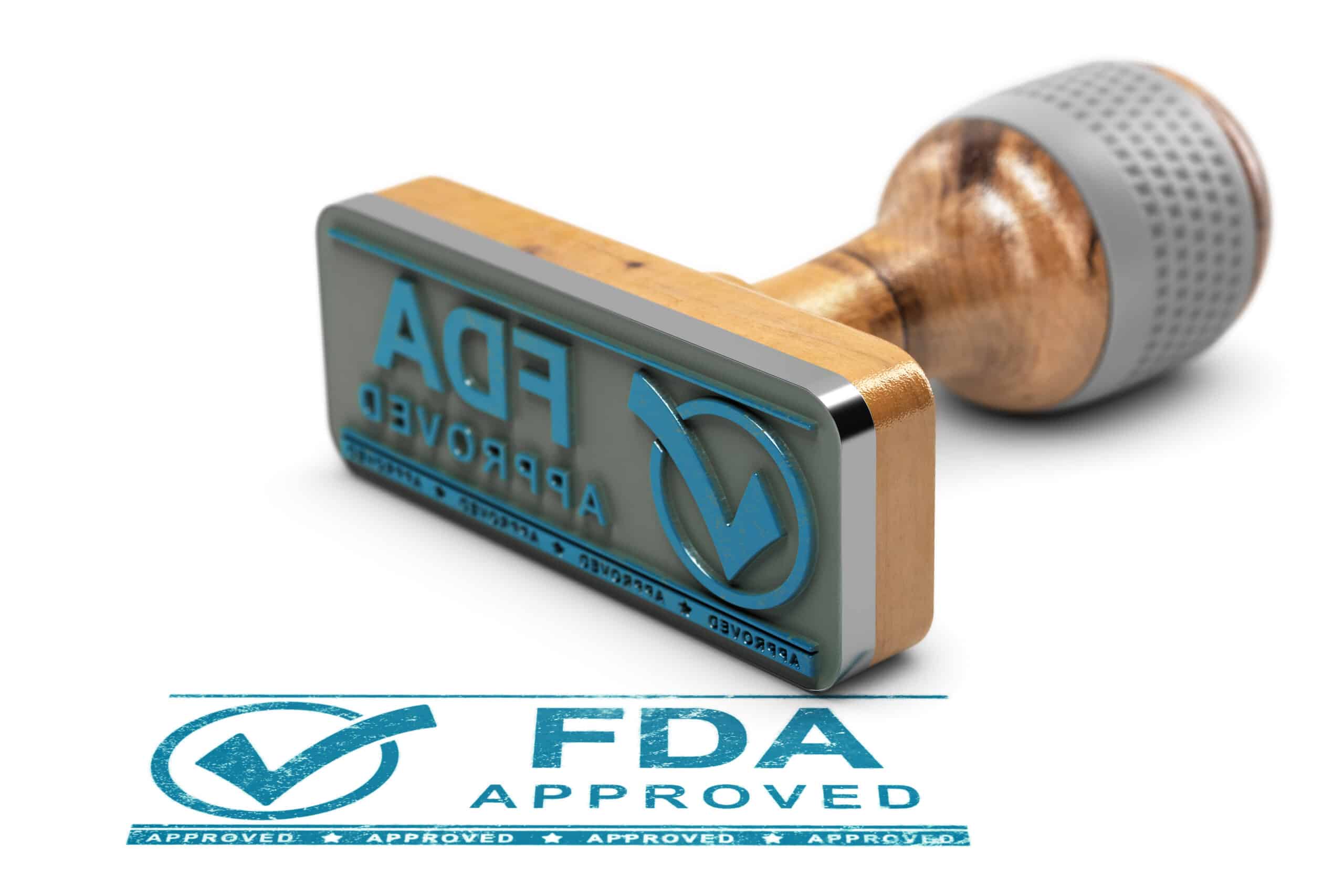The company says the test is designed to detect the specific nucleic acids from the SARS-CoVp2 virus to provide results within just 4 hours including the time required to prepare the sample and conduct analysis.
“The authorization of our diagnostic test for COVID-19 will help to protect patients and enable medical staff to respond swiftly to treat those who are ill and prevent the spread of infection,” said Thermo Fisher’s chairman, president and CEO, Marc Casper. “In partnership with the FDA and regulatory authorities around the world, we are committed to expanding the availability of diagnostic testing to prevent the spread of this disease.”
FDA authorizations for the tests allow them both to be used in the clinic without a full agency approval during a public health emergency which was first declared on January 31, 2020. The CDC has also updated their guidance which will increase the demand for testing; criteria now also includes healthcare personnel or any person that has had direct contact with an infected person in the 2 weeks since displaying symptoms and anyone who has been within 6 feet of an infected person for a prolonged period of time.
Dianostic’s Qiagen, which is Thermo Fisher’s latest acquisition has received funding boosts from the American government to develop its own coronavirus test, announcing a $11.5 billion deal to acquire Qiagen after a few months of mediation; BARDA provided Qiagen with $598,000 to accelerate development of its cartridge based QIAstat-Dx test kit to distinguish COVID-19 from 21 other respiratory infections, according to the company results can be provided in an hour from the testing panel.
“We have scaled up production to respond to the rapid spread of COVID-19, moving to 24-hour, seven-day-a-week operations at two key sites, investing to expand capacity by 70% and adding staff,” said interim CEO Thierry Bernard, who also heads the company’s molecular diagnostics business area.
“Our top priority is producing the QIAamp and EZ1 sample technologies recommended in the U.S. Centers for Disease Control guidelines for testing, as well as the new QIAstat-Dx cartridges,” Bernard said. “We are working closely with laboratories, hospitals and other customers around the world to assess their flexibility, timing and quantity needs.”




